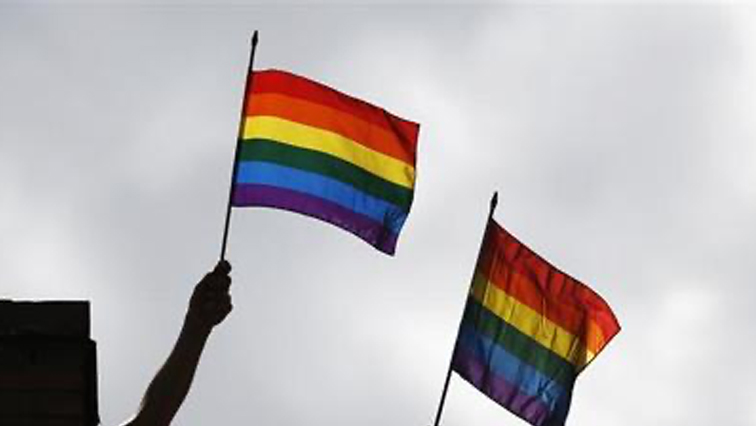This story contains disturbing content that might disturb some readers, including children.
According to the Psychological Society of South Africa’s Sexuality and Gender Division (PsySSA) hate crimes against members of the LGBTIQ+ have far reaching consequences that extend beyond the direct victim to others who share the identity.
LGBTIQ+ activists say 88% of LGBTIQ+ people do not report hate crimes committed against them, which has become a worrying factor.
Anele Bhengu’s body was found in a ditch in KwaMakhutha in KwaZulu-Natal on June 13, 2021, with her throat slit and multiple stab wounds. Her murder is among countless alleged hate crimes committed against members of the LGBTIQ+ community.
According to PsySSA, such hate victimisation is motivated by prejudice, bias and hostility towards an individual or group’s intrinsic identity or innate characteristic where the identity of the victim is what is targeted.
Changing societal behaviour and views on the LGBTIQ+ community:
“The underlying messages of intolerance, mistrust, resentment and discrimination may become internalised. In other words, call someone filthy, a pervert or undesirable often enough and that is what they believe of themselves and indeed become and sometimes devaluing themselves and their lives in the process,” says Psychological Society of South Africa’s Juan Nel.
“As per the evidence led by the Psychological Society of South Africa in the Jon Qwelane homophobic hate speech case, hate vicitimisation may result in deep trauma for the individual victim,” adds Nel.
The impact of such victimisation extends beyond the direct victim, but also to others who share the identity.
“The act thereof may also extend beyond the individual or direct victims so to speak to others who share the identity thus to the larger target group to which the individual belongs. And may instill fear or anger within these groups as we currently see in the LGBTI community given the spate of horrendous incidents in recent months or years,” explains Nel.
Efforts to address hate crimes against LGBTIQ+ persons:
While sexually and gender diverse people continue to be exposed to significant risks, such as vulnerability to stigma, discrimination and victimisation – a large majority of the LGBTIQ+ community do not report incidents of hate crimes committed against them.
Access Chapter 2’s Steve Letsike says: “88% of LGBTI people do not report hate crime cases. That means that it’s only 1 in 25 LGBTI people that reports cases. Now I think the reality is the vulnerability that includes why we have low numbers of reporting and so forth. It’s because of what is happening on the ground and the trust that LGBTI people have on the justice system of police.”
While the National Task Team (NTT) on the Rights of LGBTI Persons recorded 42 pending hate crime cases as at June 29, 2021, the NTT says crimes perpetrated against LGBTIQ+ persons can only be addressed victims of such violations report them to law enforcement agencies.


